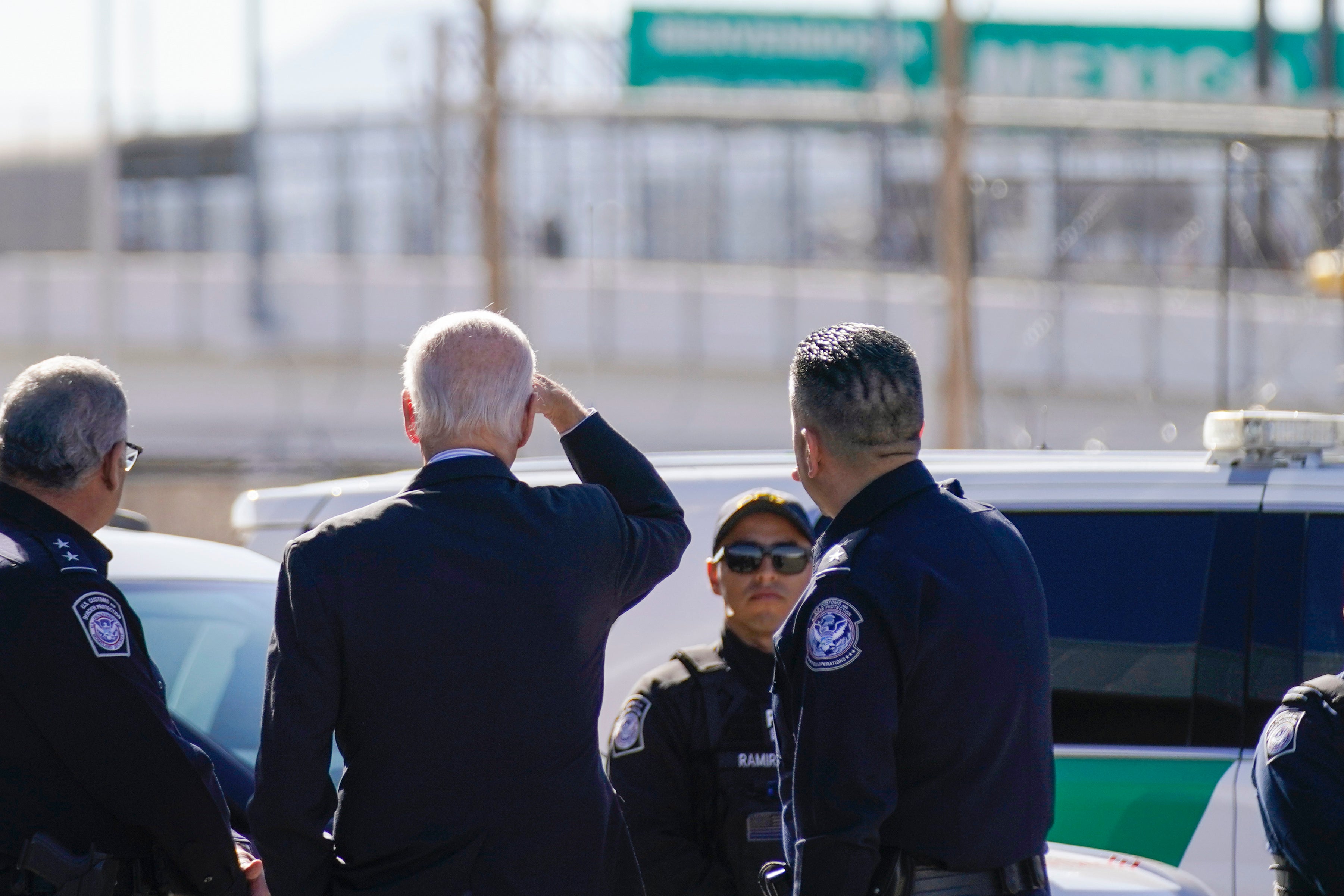Venezuelans become largest nationality for illegal border crossings as September numbers surge
Venezuelans became the largest nationality arrested for illegally crossing the U.S. border last month, replacing Mexicans for the first time on record

Venezuelans became the largest nationality arrested for illegally crossing the U.S. border, replacing Mexicans for the first time on record, according to figures released Saturday that show September was the second-highest month for arrests of all nationalities.
Venezuelans were arrested 54,833 times by the Border Patrol after entering from Mexico in September, more than double from 22,090 arrests in August and well above the previous monthly high of 33,749 arrests in September 2022.
Arrests of all nationalities entering from Mexico totaled 218,763 in September, up 21% from 181,084 in August and approaching an all-time high of 222,018 in December 2022, according to U.S. Customs and Border Protection. Arrests for the government's budget year that ended Sept. 30 topped 2 million for the second year in a row, down 7% from an all-time high of more than 2.2 million arrests in the same period a year earlier.
Venezuela plunged into a political, economic and humanitarian crisis over the last decade, pushing more than 7 million people to leave. They initially settled in nearby countries in Latin America but began coming to the United States in the last three years, settling in New York, Chicago and other major cities.
The Biden administration recently announced temporary legal status for nearly 500,000 Venezuelans who were already in the United States on July 31, while vowing to deport those who come illegally after that date and fail to get asylum. It recently began deportation flights to Venezuela as part of a diplomatic thaw with the government of Nicolás Maduro, a longtime adversary.
The U.S. “surged resources and personnel” to the border in September, said Troy Miller, acting commissioner of Customs and Border Protection.
“We are continually engaging with domestic and foreign partners to address historic hemispheric migration, including large migrant groups traveling on freight trains, and to enforce consequences including by preparing for direct repatriations to Venezuela,” Miller said.
For decades, Mexicans accounted for the vast majority of illegal crossings but flows shifted over the last decade to Central Americans and, more recently, to people from South America, Africa and Asia.
Mexicans were arrested 39,733 times crossing the border in September, well behind Venezuelans. Guatemalans, Hondurans and Colombians rounded out the top five.
Republicans seized on the latest numbers as its leading presidential candidates have tried to frame the border as a major issue in next year's elections.
“This fiscal year may have ended, but the historic crisis at our Southwest border sparked by (Homeland Security Secretary Alejandro) Mayorkas' policies rages on,” said Rep. Mark Green of Tennessee, chair of the House Homeland Security Committee.
The Biden administration proposed about $14 billion for the border in a $106 billion spending package announced Friday and has insisted that any long-term solution requires help from Congress.
Bookmark popover
Removed from bookmarks